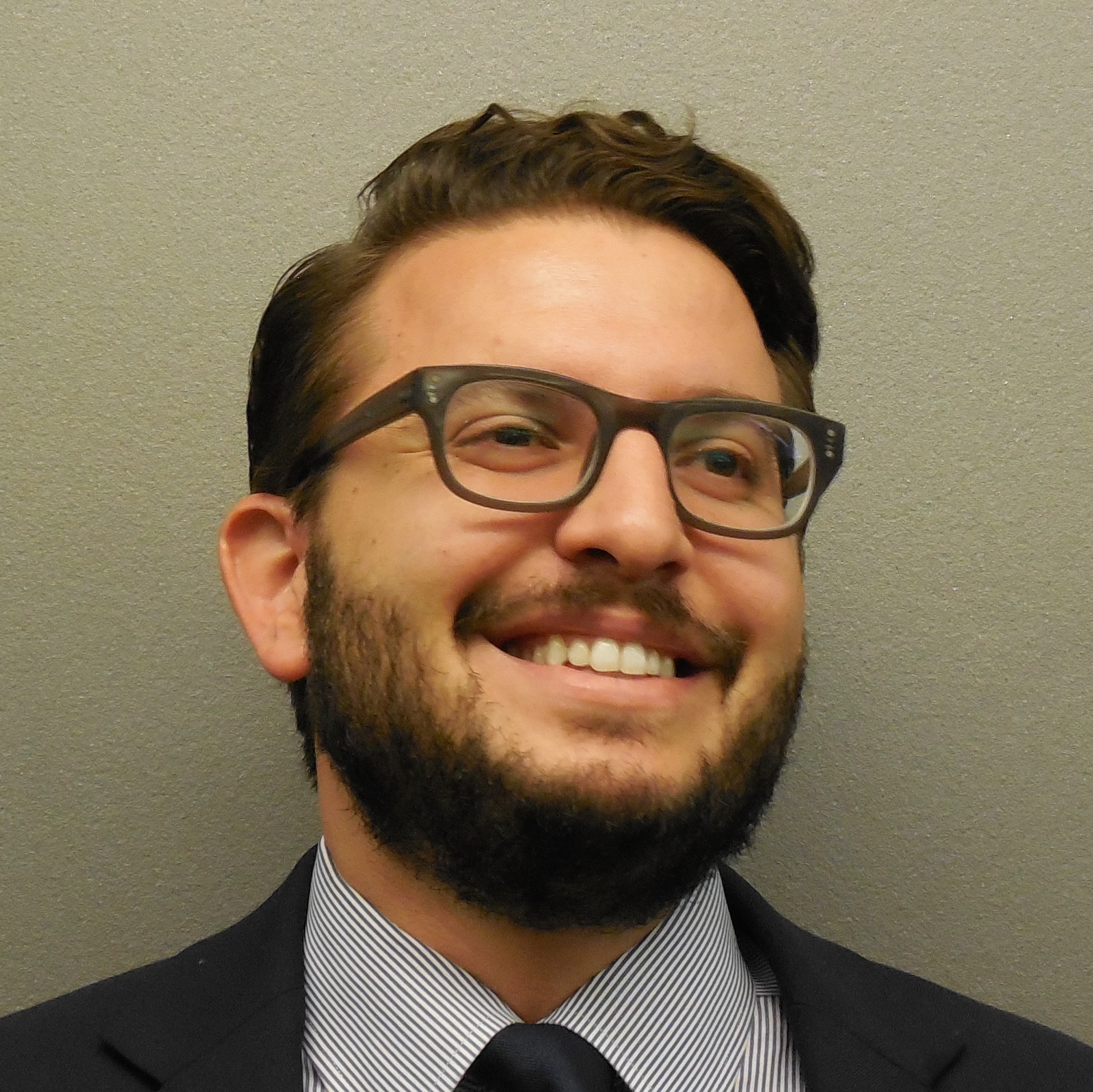
Michael Campagna, CFA, is a Research Analyst and Co-Founding Partner at Moerus Capital Management LLC. For over 12 years, Mr. Campagna has conducted research on and analyzed investment opportunities globally across a wide range of industries.
Previously, Mr. Campagna worked alongside Amit Wadhwaney and John Mauro as an investment research analyst at Third Avenue Management LLC, where he joined the investment team in 2007. Earlier, he was an investment analyst for the J.P. Morgan Private Bank, where he evaluated and selected money managers for use in high net worth and institutional investment accounts.
In this 3,707 word interview, exclusively in the Wall Street Transcript, Mr. Campagna explains the source of his funds outperformance:
“We are a deep-value, long-term, contrarian investment manager. We manage reasonably concentrated portfolios of 30 to 50 securities that are global in nature and are really focused on finding what we think are the best opportunities around the world for a three- to five-year or longer holding period.”
One example from this portfolio management theory:
“We tend to focus on areas of the world where headlines are creating a lot of negativity and look for assets or companies in those countries or in those industries that we think there’s long-term value in.
One area right now that certainly is in the headlines is the United Kingdom and Brexit, and a company that we really like in the U.K. is called Hammerson (LON:HMSO), which is a U.K.-listed real estate investment trust.
They own premier shopping malls in the United Kingdom as well as assets in France, Ireland and an interest in a Pan-European luxury outlets business.
What’s interesting here is that Hammerson is going through a very, very tough environment, not only because of Brexit, which has sapped consumer confidence and thus spending, but also because of the penetration of online shopping.
In the U.K., online penetration is about 20% of sales, which is much higher than it is in the United States, where it’s about 11%. This has caused a complete and utter reorganization of the retail industry in the United Kingdom, with many retailers going through bankruptcy, and the retailers that aren’t going through bankruptcy are suffering.
Now, why would you want to own a retail landlord in that environment?
What’s interesting about Hammerson specifically is that 60% of its assets are actually outside of the U.K. I mentioned that they own assets, shopping malls, in France and Ireland.
And then, they own this really interesting business called Value Retail, which is a chain of premium outlet locations around the U.K. and continental Europe. That business is very high growth, tends to be much more insulated from online competition and is really tied to tourism, typically by Asian, Russian and Middle Eastern shoppers coming to Europe and buying luxury goods.”
Get more on Hammerson and other deep value opportunities from this risk averse professional portfolio manager by reading the entire 3,707 word interview, exclusively in the Wall Street Transcript.
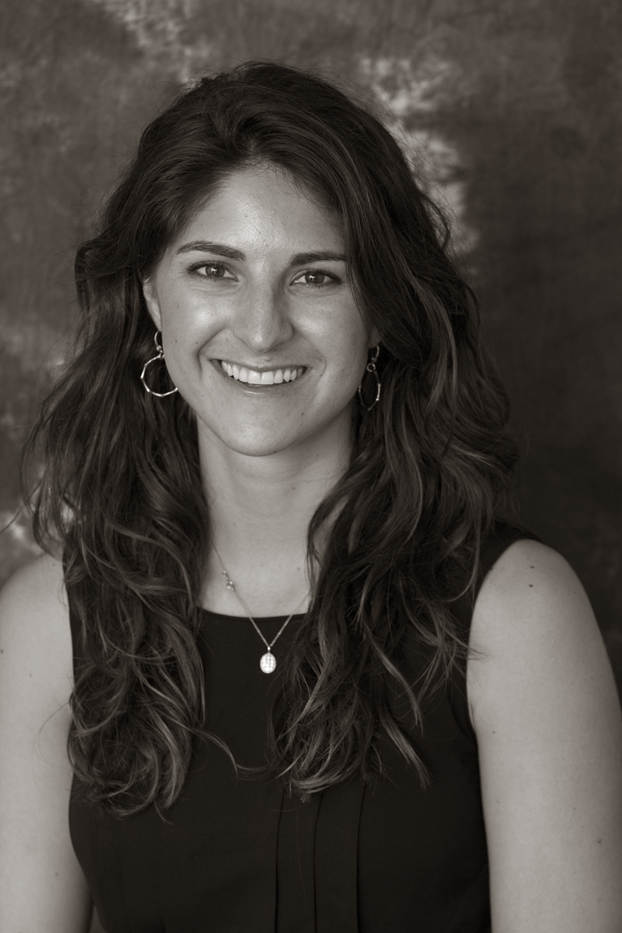
Alissa Corcoran, CFA, is the Director of Research and analyst covering the health care as well as metals and mining sectors for Kopernik Global Investors, LLC. Previously, she was an analyst for Vinik Asset Management.
In this exclusive 2,780 word interview with the Wall Street Transcript, Ms. Corcoran outlines her investment philosophy and details her specific stock recommendations based on that philosophy.
“We currently manage $4 billion in assets. Our firm is 38 employees’ strong. We are bottom-up, long-term investors and see ourselves as owners of businesses. We don’t believe that the market is efficient, and we seek to take advantage of being able to buy high-quality businesses at large discounts to their risk-adjusted value.
We are a value investment firm, and we invest globally. And for us, value is a prerequisite, not necessarily a philosophy, as others might classify it.
So despite how out of fashion it is to value business on fundamentals, that’s what we do every single day. We search for businesses that are trading far below what we think they’re worth in the market. And when we find them, we buy them. So that’s really our business.”
One example is literally a gold mine:
“…One name that I find particularly interesting is called Seabridge Gold (NYSE:SA). It owns the largest undeveloped gold-copper deposit in Canada, and this deposit is one of the largest globally.
The deposit is called KSM. It has 39 million ounces of gold in reserves and an additional 11 million ounces in measured and indicated resource.
And then, if you include the inferred gold resource, it has an additional 56 million ounces of gold. Anyone who knows the gold space knows that this is an enormous, enormous deposit. ”
More details on this gold mine and many other examples from the Kopernik portfolio are available by reading the entire 2,780 word interview, only in the Wall Street Transcript.
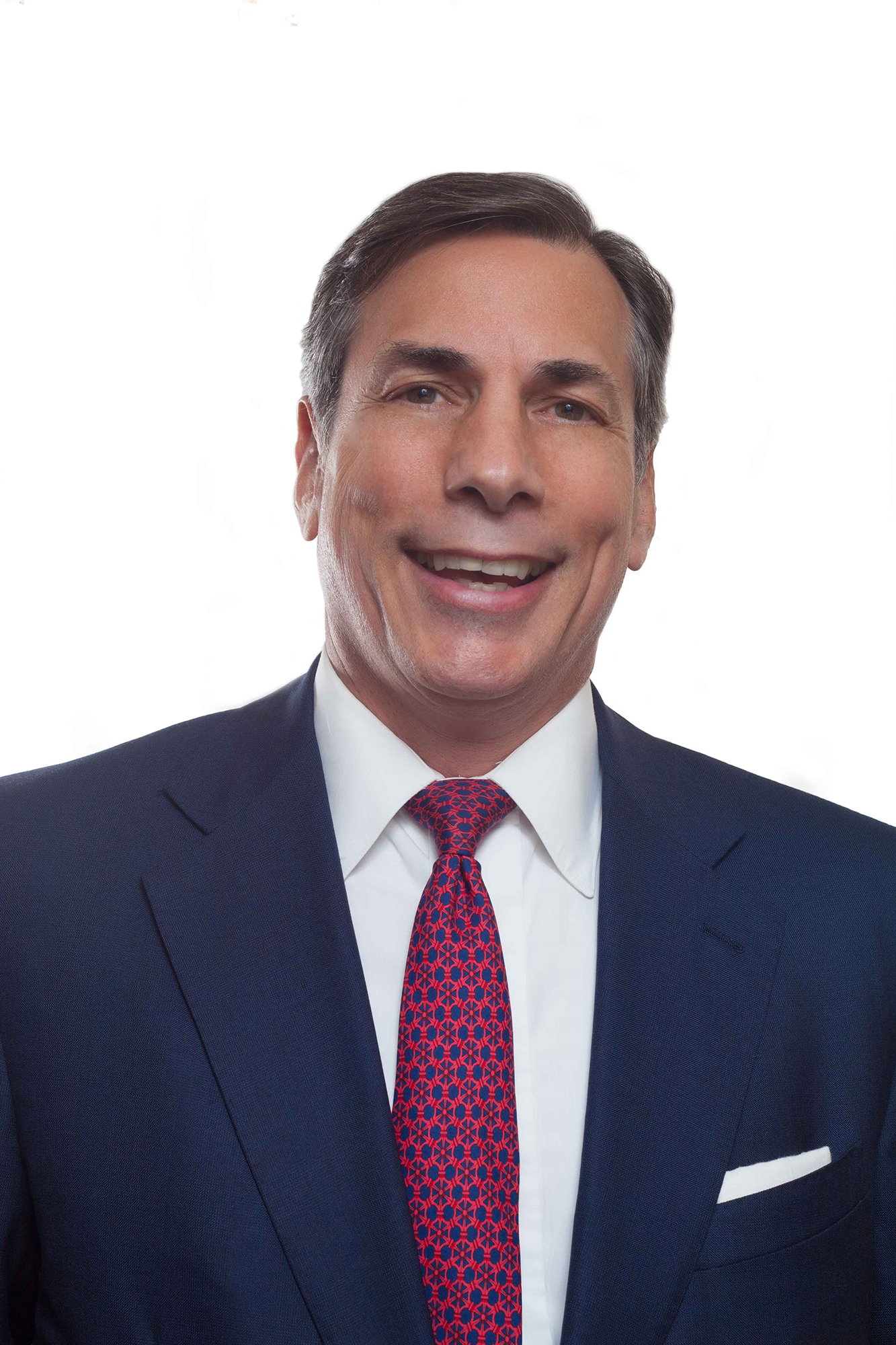
Steven Abernathy is the Founder and Chairman of The Abernathy Group II Family Office. Earlier, he was Senior Vice President of Portfolio Management at Shearson American Express, and a Special Limited Partner and Director of its Executive Services Division at Cowen & Co.
While at Cowen, Mr. Abernathy developed The Abernathy Group, a group of investment professionals specializing in asset management for experts in health care and technology. This collaboration between investment professional and client-expert was called the Collaborative Investing style of portfolio management.
In this exclusive 2,689 word interview, Mr. Abernathy details how his portfolio consistently beats other money management firms.
“I have been a financial analyst since the early 1980s. I owned and ran a hedge fund for over 20 years, which was one of the earlier funds and was one of the very few funds that managed its assets for no management fee, just the percentage of profits, because this structure got rid of the conflicts of interest.
As Warren Buffett would tell you, we mandated that the portfolio manager and the analysts had to have at least 50% of their investable net worth in the fund. Meaning, we wanted everyone involved to eat their own cooking.”
Specific niche verticals drive many of the firm’s investment decisions, as well as each portfolio managers personal wealth interest, including this one:
“Cybersecurity is going to be a growth industry for as far as we can see. Wars may become less frequent, yet they will become electronic, not physical.
The negative regarding cybersecurity is that finding companies early is always risky, meaning that these are largely private investments. Yet, there are some public companies we are involved with. We have built an ETF equivalent that embraces all of them…”
Get the complete picture by reading the entire 2,689 word interview, exclusively in the Wall Street Transcript.
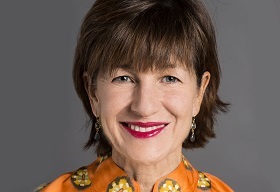
Frances E. Tuite, CFA, is a Portfolio Manager at Fairpointe Capital, LLC. Ms. Tuite is part of the investment team, serving as co-portfolio manager for the Mid-Cap and ESG Equity Strategies and is responsible for investment research for both strategies. In addition, she manages the 1837 Partners LP long/short equity fund, which she founded in 2000. Earlier, Ms. Tuite managed the 1837 Fund at RMB Capital and at Talon Asset Management — under the name Talon Opportunity Partners.
In this 2,934 word interview, exclusive to the Wall Street Transcript, Ms. Tuite explores the highest returning securities in her own managed portfolio.
“…There is a lot of opportunity in other midcap names as well as more value-oriented names in our opinion, even with the volatility and the concerns over tariffs.
We think there are a number of names that have been overlooked. Currently, there’s a lot of money in passive and quant investing — some people say up to 80% of the market. We think this creates an opportunity for the active manager to find unique names that are overlooked by the market.”
One example of these overlooked stocks is the famous Colorado beer stock.
“My third stock would be Molson Coors (NYSE:TAP). So that’s probably a name that most people would recognize. It’s obviously a beer company. And they are based in Colorado, but they acquired the Molson operation in Canada a number of years ago…
Molson has a very strong franchise that they can distribute some of these into these new categories. They also named a new Chief Marketing Officer, a young woman named Michelle St. Jacques, who is really impressive in terms of really keeping them focused on some of the newer trends…”
To get the full detail on this and many other picks, read the entire exclusive 2,934 word interview, only in the Wall Street Transcript.
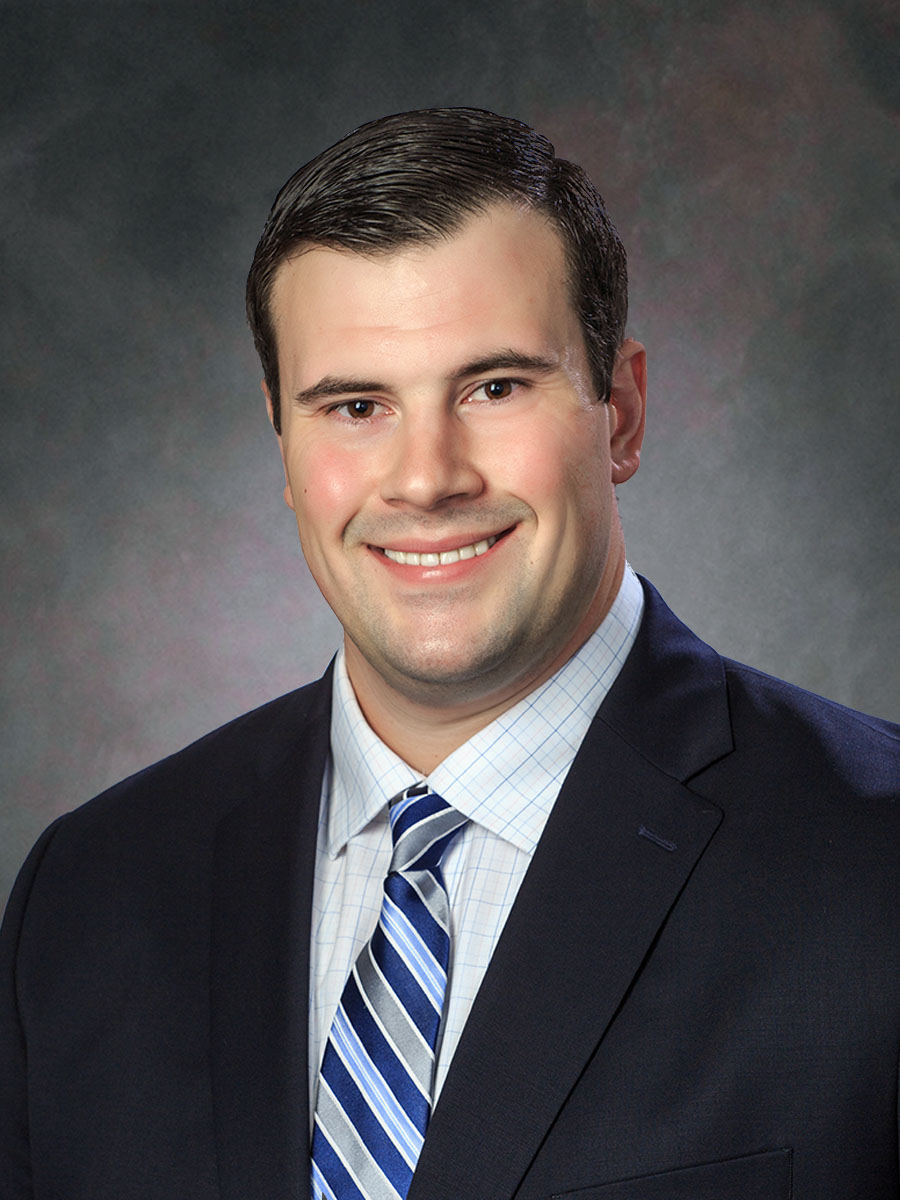
Andrew T. Babin, CFA, is a Senior Research Analyst covering real estate — apartments, health care, manufactured housing, single-family rental and student housing — at Robert W. Baird & Co.
Prior to joining Baird in 2014, he was a senior financial analyst at CBRE Clarion Securities for eight years and covered several types of real estate. He also worked at Dwight Asset Management.
Mr. Babin was recognized as a “Rising Star” in Institutional Investor magazine’s 2016 Rising Stars of Wall Street list. He received a B.A. in economics from Middlebury College.
In this 3,862 word interview, exclusively for the Wall Street Transcript, Mr. Babin advises investors to find some high quality, undervalued names in the sector he covers:
“I would say DOC, which is our best idea, Physicians Realty, that’s a name that to us just seems very undervalued given the quality of its portfolio. They’ve drastically improved their investment-grade tenancy.
We think that they get somewhat of a bad rap for having lower on-campus medical office exposure than some of their peers. But given the strength of the systems they do business with, as well as the fact that private capital, international capital, has been very interested in this sector — what we’ve found is that yields in the U.S., while low by our standards, are still higher than they are in other places in the world, and foreign capital still remains very interested.
And so you look at a name like Physicians Realty, that’s only slightly over a $3 billion market cap, trading right around net asset value and at a lower multiple than the other pure-play medical office names.
I think that public-private value dislocation could become closed in a hurry if some of that private interest manifests or if management decides to sell assets and buy back stock. That’s a name that we think there’s a lot of option value on if you really get a big private equity play for medical office. And so they may be more of a value idea.
TWST: So Physicians Realty is your best idea. What would your other top picks among the health care REITs be right now, and why?”
Get the rest of Mr. Babin’s high yielding publicly traded real estate names in this exclusive 3,862 word interview, only in the Wall Street Transcript.

David Robertson, CFA, is the CEO and lead Portfolio Manager for Arete Asset Management, LLC. Mr. Robertson has analyzed stocks for 30 years across a wide variety of sizes and styles. Early in his career, he worked on a sophisticated discounted cash flow valuation model that shaped his skill set and investment philosophy.
He has worked at Allied Investment Advisers and BlackRock among other money management firms. He majored in math with extensive studies in economics and philosophy at Grinnell College. At Northwestern’s Kellogg School of Management, he majored in finance, marketing and international business while completing the CFA program concurrently.
In this 2,807 word interview, exclusively for the Wall Street Transcript, Mr. Robertson details the investment logic that has led him to his current top picks:
“The sector that I find most interesting right now is gold mining, for a number of different reasons, not the least of which is it’s a classic value case, or at least it has been, excepting the last month or two.
Everybody hates it; it’s out of favor. The companies haven’t been performing well, operationally. So just about everything you look at has been pretty ugly.
Certainly, from a contrarian standpoint, they’re interesting. But then you look longer term in terms of what’s happening with money supply globally, the policies that are in place and the trends toward the likelihood of further increases in money supply globally, the diminishing supply of gold in the ground — at least I’ve arrived at a conclusion where I think it’s quite likely that the price of gold has to go up and probably a fair amount.
And because it’s been so hated, the sector has been so hated, it’s actually one of the areas where you can buy stocks — at least, again, up until very recently, you’ve been able to buy them very cheaply because nobody’s wanted them.”
Get the complete 2,807 word interview, only in the Wall Street Transcript.
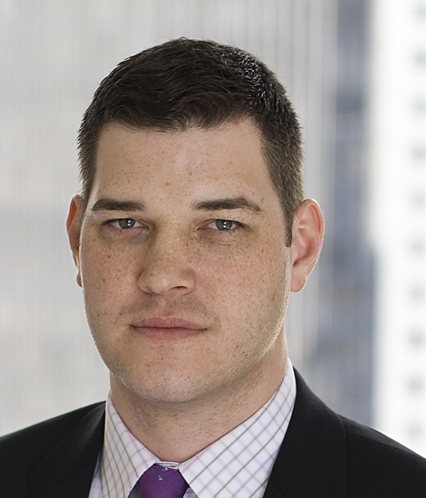
James W. Gaul, CFA, is Senior Vice President and Portfolio Manager at Boston Advisors. As a member of the Institutional Equity Team, he is lead portfolio manager on the firm’s Small Cap Growth and Large Cap Core strategies.
Mr. Gaul has more than 20 years of industry-related experience, including investment banking, sales and trading, and investment management. Earlier, he was an institutional fixed income sales professional with Commerce Capital Markets, Inc. and Advest, Inc. He received a B.S. degree in investments from Babson College and an M.S. degree in investment management at Boston University’s Questrom School of Business.
In this 2,922 word interview, Mr. Gaul explains his firm’s idiosyncratic approach to picking stocks that will beat the market:
“…We employ, what we refer to as, a hybrid quantitative-qualitative approach. So our process starts with a proprietary quantitative model that we use to identify attractive candidates. This is a balanced model. We’re looking for well-rounded stocks.
Our model looks at a wide array of factors from valuation, earnings quality, growth and profitability, investor sentiment. We rank stocks on a decile system, so we rank them one through 10. Ones are the best, 10s are the worst, and we can buy stocks from the top three deciles.
Now, unlike most quantitative managers, who would then optimize a portfolio against the benchmark, the next step in our process is to apply qualitative or fundamental analysis at the company level so that we can meld the experience and context that the portfolio managers are able to provide into the rigor and discipline of the quantitative model.
So as we like to say, the portfolio managers are the optimizers.”
The current market poses an interesting situation for the firm:
“In the short term, while we see a slowing economy, we don’t see an imminent recession, and there may be outside influences on the U.S. yield curve right now that are exacerbating this interest rate move, specifically the existence and folly of negative interest rates in Europe.
But it is certainly a notable event when the yield curve inverts. And so it is something that we and the rest of the investing world are keeping an eye on.”
Get the complete picture from Mr. Gaul by reading the entire 2,922 word interview, only in the Wall Street Transcript.
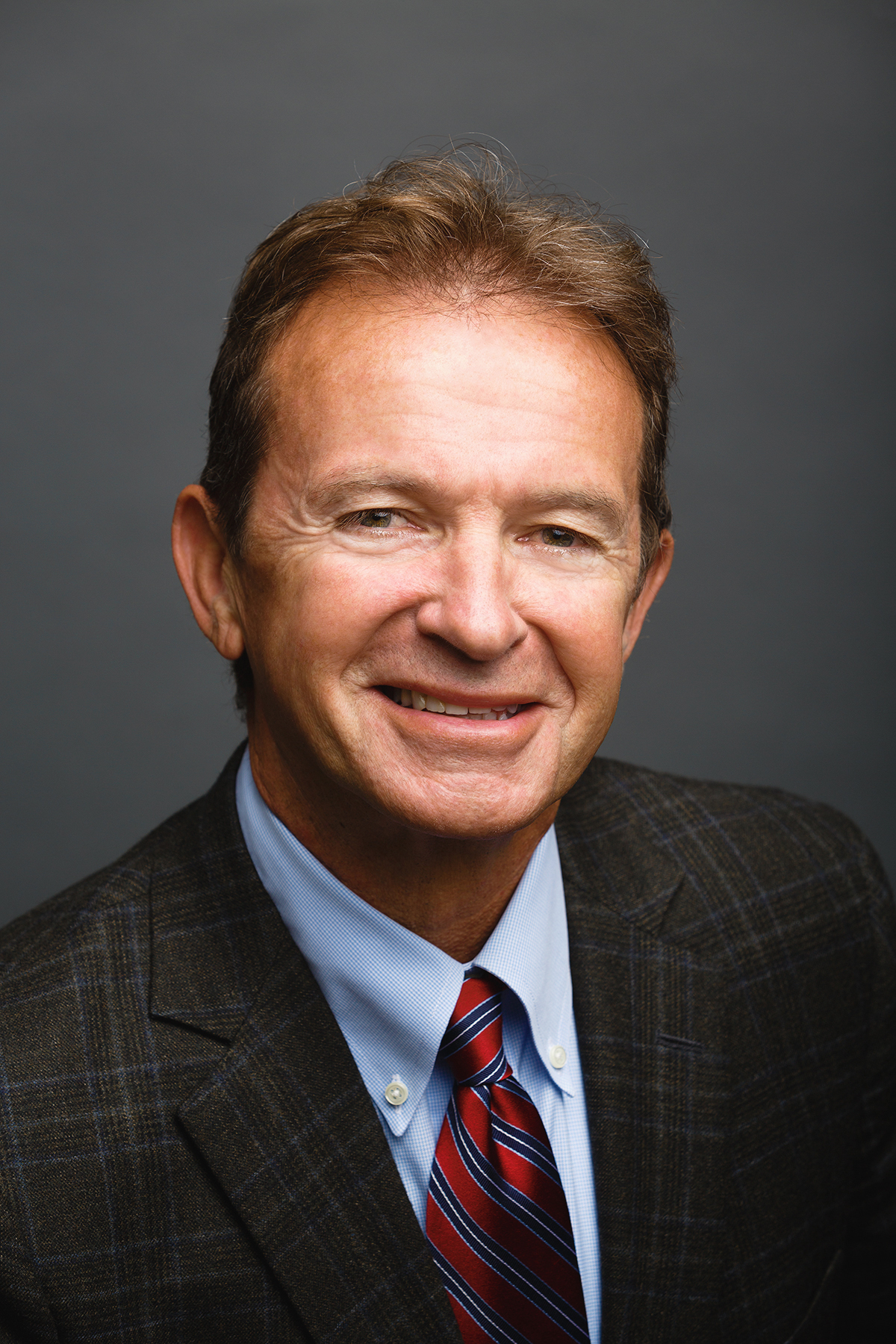
Peter C. Andersen, CFA, is Founder of Andersen Capital Management, LLC. He has been managing money for a wide range of clients since 1993. He has managed separate accounts and over 10 mutual funds throughout his career, including IPOs for two NYSE-listed closed-end funds. He has written over 100 articles for Forbes magazine. He is also a regular contributor to CNBC and Fox Business.
A graduate of Northeastern University, Mr. Andersen received an MPA degree from Harvard University and an M.S. degree in physics from Yale University. He is on the board of the Boston Symphony Orchestra and is a member of the Investment Committee, the Nominating Committee, and Chairman of the Annual Funds. He also is on the board of the Peabody Essex Museum.
In his exclusive 2,984 word interview, only in the Wall Street Transcript, Mr. Anderson appears less anxious than most about the current yield curve inversion:
“The thesis says anytime a curve looks like it’s going to invert and becomes inverted, that portends a recession. And the data just doesn’t back that up. It’s not a scientific fact, like gravity, that if I drop a stone, I know it will hit the ground.
With mathematics applied to economics, we have to interpret it and use it more loosely than we would a science. Economics is not a science; this is a social science. And I would advise your readers, your subscribers to take that into effect and look at these readings but not necessarily immediately conclude that they are always accurate and that they lead to 100% predictions of dire consequences like recessions.”
The specific stock picks are interesting and idiosyncratic:
“With the increased global geopolitical tension, the U.S. government spends a lot of effort and funding on consulting services because they need the expertise of highly trained mathematicians, engineers, weapons production, all of that.
And they outsource that kind of work to a consulting firm such as Booz Allen Hamilton, which oversees the whole implementation of, say, manufacturing, when contracts are awarded to companies like Raytheon (NYSE:RTN), etc.
They oversee the management of that production. And they have some of the smartest mathematicians, engineers in these companies that help protect us and project what the next steps should be.”
Get more of Mr. Anderson’s top picks by reading the entire 2,984 word interview, only in the Wall Street Transcript.
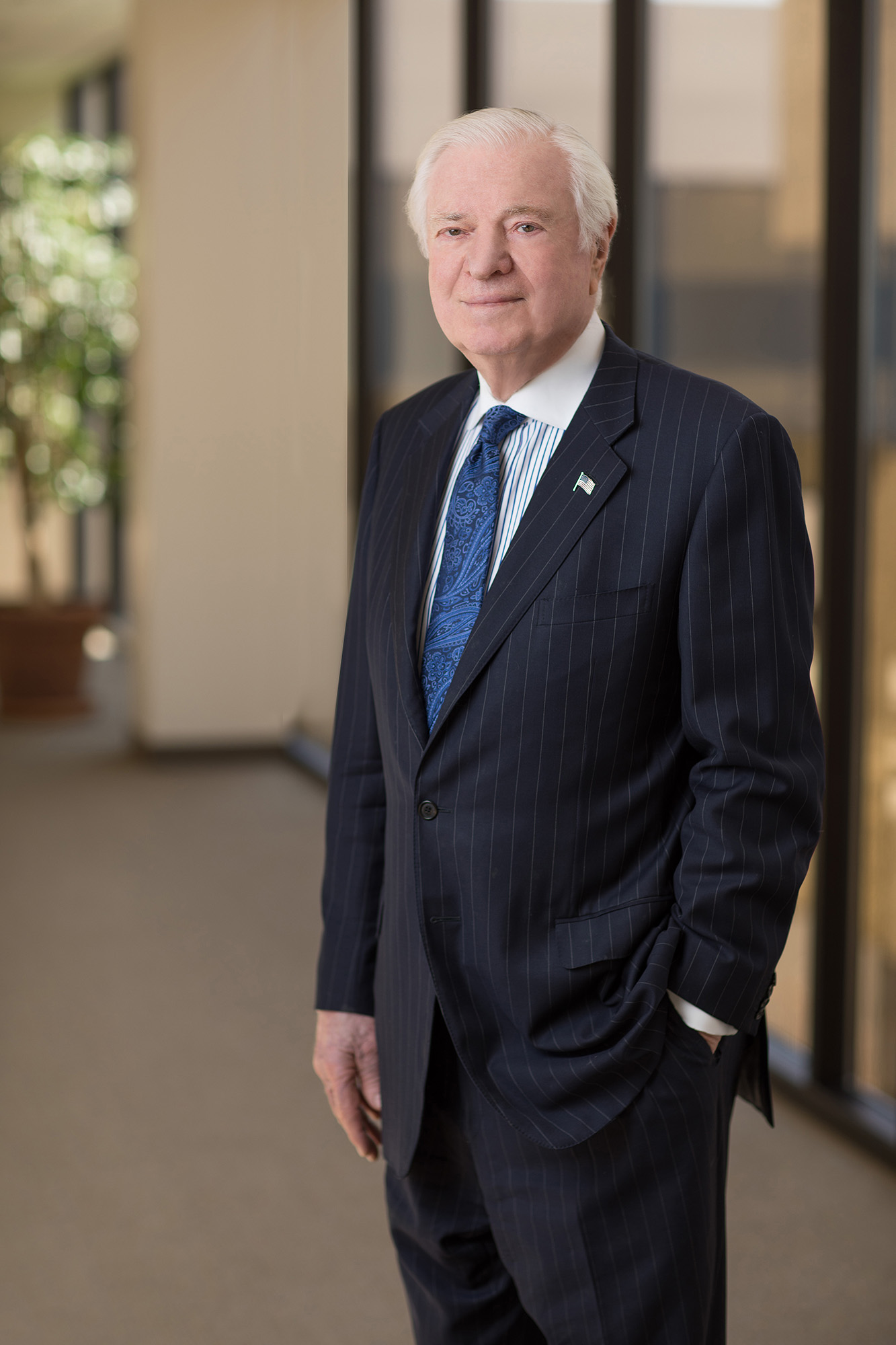
Alan B. Miller is Chairman and CEO of Universal Health Services, Inc., which he founded in 1979. UHS, a Fortune 500 company and one of the largest hospital management companies in the nation, owns and operates more than 350 facilities in 37 states, Washington, D.C., Puerto Rico and the United Kingdom.
Mr. Miller also serves as Chairman and CEO of Universal Health Realty Income Trust (NYSE:UHT), a REIT that he founded that currently has investments in 65 properties located in 20 states. Prior to founding UHS, Mr. Miller was Chairman and CEO of American Medicorp Inc.
Mr. Miller has received numerous awards for his business and charitable activities. He was named Entrepreneur of the Year in 1991 and Financial World named him CEO of the Year in hospital management. He has been named by Modern Healthcare as one of the “100 Most Influential People in Healthcare” for 16 years, 2003 to 2018.
In this 1,900 word interview, exclusively in the Wall Street Transcript, Mr. Miller details his winning formula in this heavily regulated specialty real estate sector.
“In total, we have 300 behavioral health facilities, in addition to the 27 acute care. We have over 200 in the U.S. and 100 in the U.K. Our reputation in the U.K. is also excellent, and the business is growing.
We are particularly interested in the armed services, serving veterans and their families should they need mental health support. They’re in a very stressful situation, and we support them as well with a particular program designed for them.
Our revenues this year will be well over $11 billion. As I said, we have over 87,000 employees, the number of which is growing, and we provide care to 2.6 million patients every year.”
The intention is to continue the opportunistic growth pattern:
“…With a record of success and reliability, we have more capabilities in terms of outside banks than we can deal with. We have a very substantial bank line.
We generate almost $750 million a year in free cash. So we have no problem financing. And we are extremely conservative, debt/equity ratio below 40, so we’re very low levered. And it leaves us in a situation where we can build, for example, Henderson Hospital or Palmdale — over $200 million to build a first-rate acute care hospital — and we have no problem financing those.”
Get the complete 1,900 word interview only in the Wall Street Transcript.

Andrew T. Babin, CFA, is a Senior Research Analyst covering real estate — apartments, health care, manufactured housing, single-family rental and student housing — at Robert W. Baird & Co.
Prior to joining Baird in 2014, he was a senior financial analyst at CBRE Clarion Securities for eight years and covered several types of real estate. He also worked at Dwight Asset Management. Mr. Babin was recognized as a “Rising Star” in Institutional Investor magazine’s 2016 Rising Stars of Wall Street list.
In this extensive 3,862 word interview, exclusively in the Wall Street Transcript, Mr. Babin demonstrates his immense ability to pick stock market winners in this difficult to analyze sector.
“I also cover medical-office-focused names, such as Physicians Realty (NYSE:DOC), and then further down the market-cap spectrum, Global Medical REIT (NYSE:GMRE) and Community Healthcare Trust (NYSE:CHCT) that do a little more secondary markets or non-investment-grade investments in medical office and other sectors at higher yields.
In addition, we cover Senior Housing Properties Trust (NASDAQ:SNH), which is a bit more diversified, as well as Medical Properties Trust (NYSE:MPW), which does hospitals.
Recently, I should add, we launched on a name, New Senior Investment Group (NYSE:SNR), which is pure-play senior housing. And what’s interesting about them is they’re almost entirely a RIDEA senior housing format, where they pay a management fee to the manager and basically own the end economics of all their properties.
So when the senior housing business recovers, they should benefit disproportionately from that and have some pretty exciting earnings growth.
Those are the names that we cover in health care. In addition, we cover the apartment REITs, almost all of them, as well as ACC(NYSE:ACC) on the student housing side, the manufactured housing names and the two big single-family rental REITs, Invitation Homes (NYSE:INVH) and American Homes 4 Rent (NYSE:AMH).”
Get the complete analysis of these and many other medical real estate sector economic issues by reading the entire 3,862 word interview, only in the Wall Street Transcript.